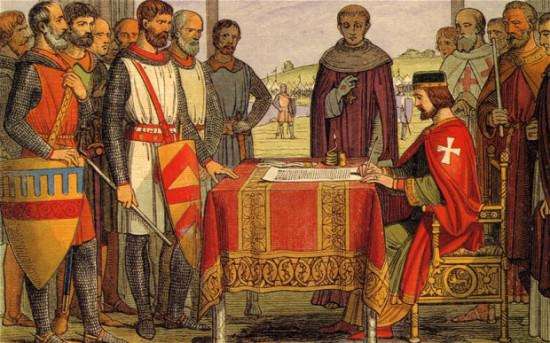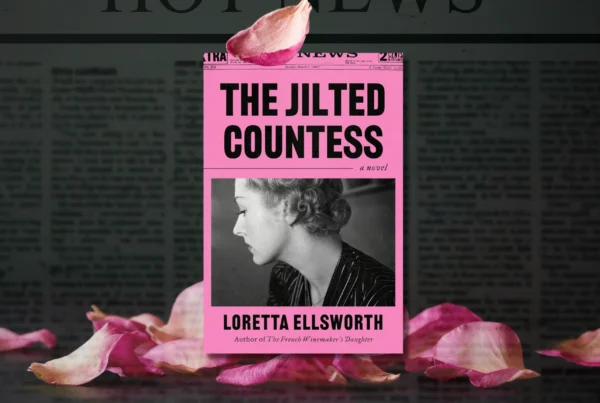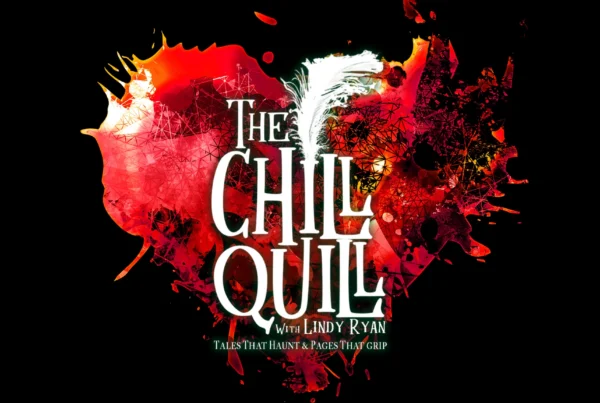On June 15, 1215, “The Great Charter” was sealed.
If you’re unfamiliar, we’re talking about the Magna Carta and this week, this momentous event celebrates its 800th anniversary. The document that became a legal cornerstone for judicial systems around the world was actually nullified in a matter of weeks. But what the Magna Carta began simply couldn’t be stopped.
Dubbed “a symbol of freedom under law,” the tyrannical rule of King John was the catalyst. He wanted to impose arbitrary taxes upon barons and the Magna Carta was the first time people proposed the idea of restricting an unelected sovereign.
To celebrate this historical anniversary, we’ve compiled a list of eight legendary legal novels that will keep you thinking. Many masters have written wonderful works involving trials, courtrooms, lawyers, wrongful imprisonments, prison escapes, judges and juries, and to celebrate the birth of modern law, here are a few of our favorites.
Here we go:
RELATED POSTS
7 Legal Thrillers You Won’t Need a Law Degree to Enjoy
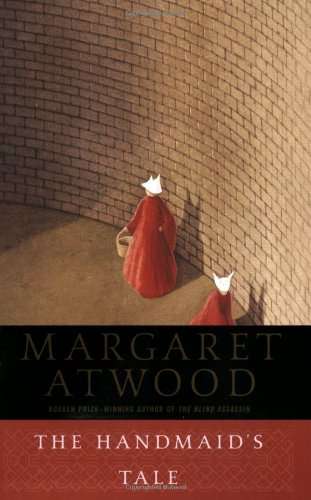
The Handmaid's Tale by Margaret Atwood
Gilead is a dystopian nation that was once the United States. In Atwood’s bestseller, women are forbidden to read, write or vote due to an overthrow of the Constitution. A Christian theocracy holds sway and it has resulted in the reversal of women’s rights, which makes the book both historically relevant and intriguing. The legal implications involved in the theory are also far-reaching and as such, it’s an excellent – and more contemporary – read.
And did you know this book was also short-listed for the 1986 Booker Prize?
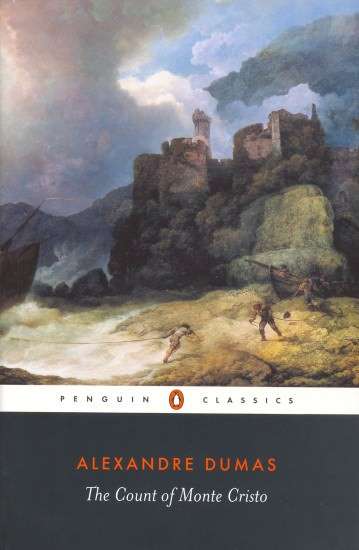
The Count of Monte Cristo by Alexandre Dumas
For our second selection, we return to an all-time classic. Edmond Dantès is wrongly convicted of treason and condemned to prison for a full life term. Amazingly, he escapes to the island of Monte Cristo, where he finds a new identity and, thanks to a newly found treasure, the means to exact his revenge. Dumas once said he based the plot on the real-life story of François Picaud, a Parisian shoemaker who also was wrongfully imprisoned and eventually got his revenge.
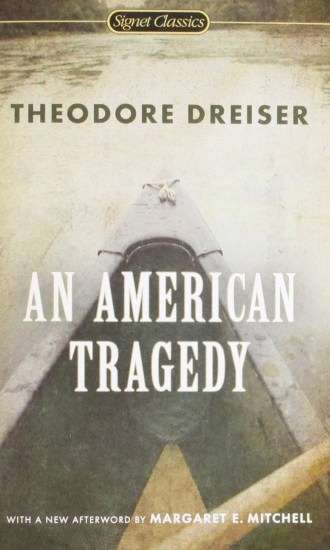
An American Tragedy by Theodore Dreiser
It’s a fictionalization of a real-life murder in the Adirondacks. A young Midwestern man comes to Lycurgus, New York to become a middle manager in his uncle’s shirt factory. He is then accused of murdering his pregnant girlfriend to preserve his chances of marrying a wealthy girl. Of course, there are many layers to uncover in this legal thriller, and Dreiser gleefully attacks the rampant materialism of the Roaring ’20s. Ironically, this book was published the same year as F. Scott Fitzgerald’s The Great Gatsby.
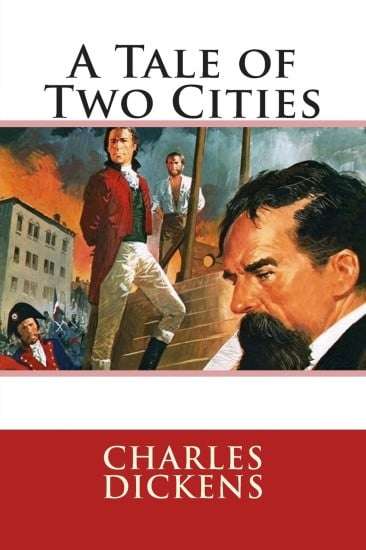
A Tale of Two Cities by Charles Dickens
Here’s one cherished author who could tell an unbelievable story with memorable characters. One of his most well-known works, A Tale of Two Cities is really about the tale of a cynical alcoholic lawyer named Sydney Carton. Not only does he fall in love, but he also creates a friendship with a prisoner, Charles Darnay. There are numerous compelling courtroom scenes and they’re magnified by the power and presence of each great character. Dickens mixes political and societal intrigue with genuine human conflict; that’s no mean feat.
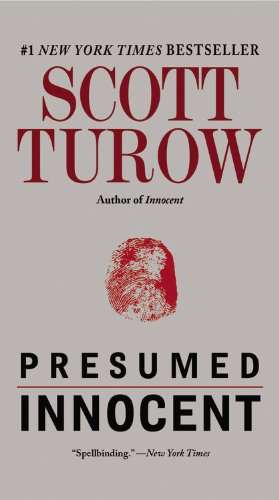
Presumed Innocent by Scott Turow
Turow exploded onto the scene with his first novel, which is about a state prosecutor who is accused of killing his colleague/mistress. The author obviously doesn’t believe in black-and-white, as he tells his story with a rousing mix of good and bad, morality, emotion, etc. The book was wildly successful and many credit Presumed Innocent with helping to establish the legal thriller as a legitimate literary genre. Sure, we all know John Grisham but one should never forget other roots in the movement!
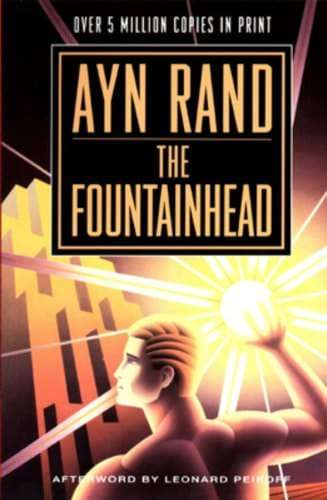
The Fountainhead by Ayn Rand
Rand’s Objectivism theory didn’t initially take flight with the acclaimed Atlas Shrugged; it first took literary shape when an architect destroyed his own creation in The Fountainhead. The story of how “second-handers” continue to leech energy and capability from a populace still resonates, and who can forget that courtroom speech at the end? Spanning many pages, Howard Roark’s logical oration results in his inevitable acquittal. That alone is reason enough to complete the novel.
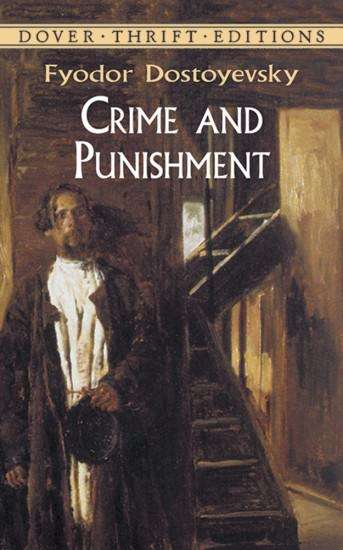
Crime and Punishment by Fyodor Dostoyevsky
Rodion Raskolnikov murdered an elderly pawnbroker during a premeditated robbery. He really did commit the crime (this isn’t a “whodunit” mystery) and eventually, the guilty man begins to bend under the psychological burden. He has a great plan in place for spending his ill-gotten gains but every time he tries, he’s beaten down by shame. The iconic Russian author presumes goodness and morality lies at the heart o the human character, and examines how guilt can be an erosive and ultimately destructive thing.
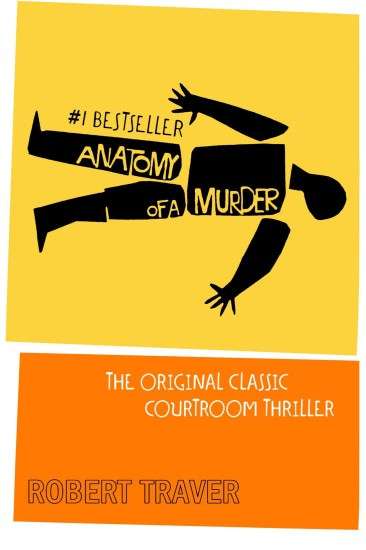
Anatomy of a Murder by Robert Traver
A story of deceit and murder that ends in one of the most memorable trials in all of literature, Anatomy of a Murder is a roller-coaster legal novel. Army Lt. Manion has killed tavern owner Barney Quil, the man who supposedly raped Manion’s wife. This results in a tough battle between a slick prosecutor and a defense attorney determined to exonerate his client. Yes, the book became a classic Otto Preminger film but really, the novel is an absolute must-read for anyone claiming to be a fan of fictional legal intrigue.

